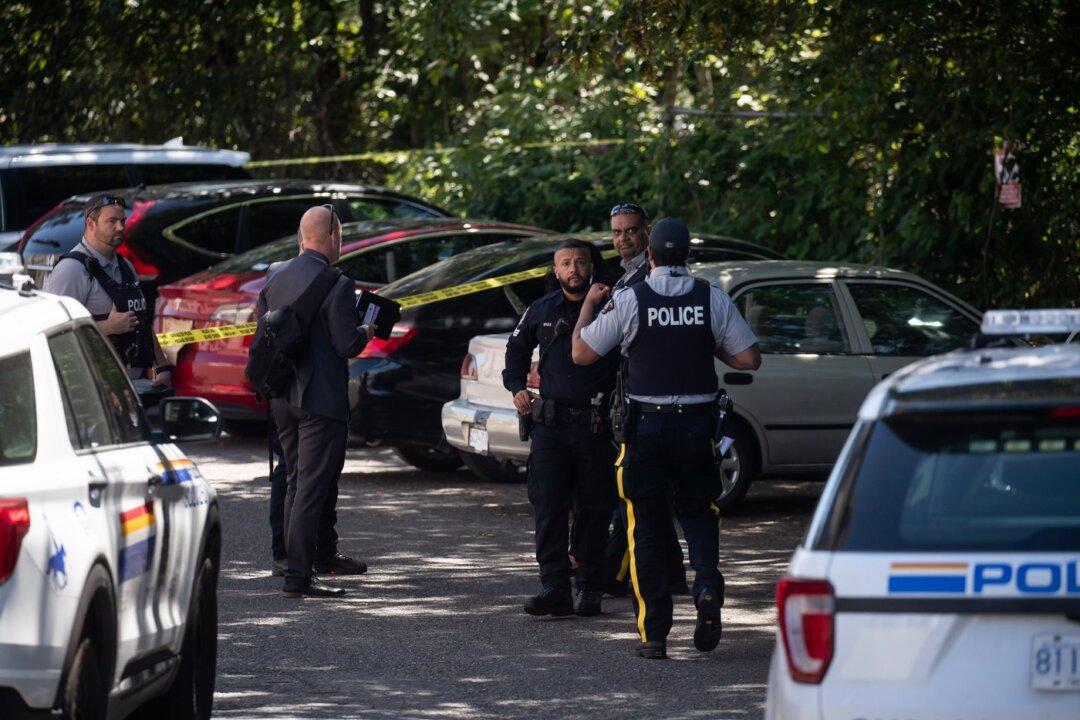Commentary
Since its creation, the RCMP has been an icon—sometimes shining, sometimes tarnished. But the objective here is not to review the force’s past but rather to look to its future role and mandate by asking if the way policing is currently set up in Canada is in the national interest. So, in looking at the future role of the RCMP, we should consider both the interests of the federal government and of the provinces and territories.

